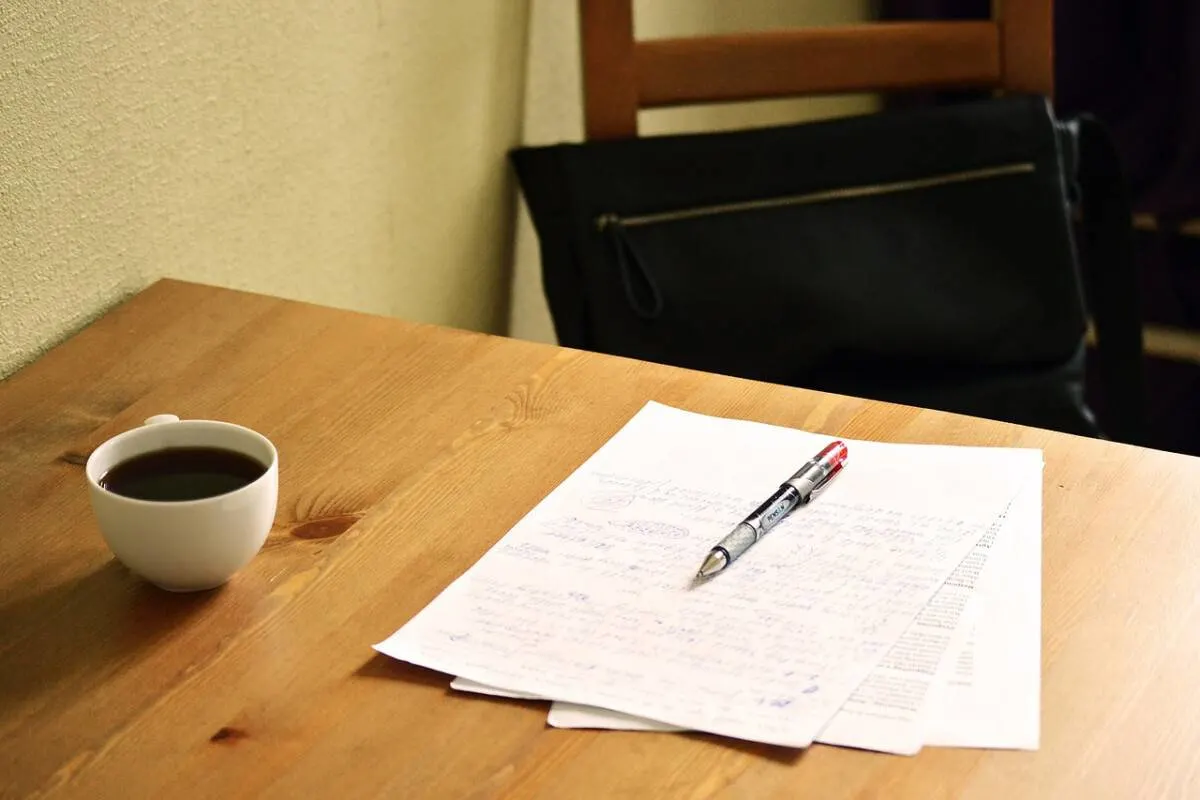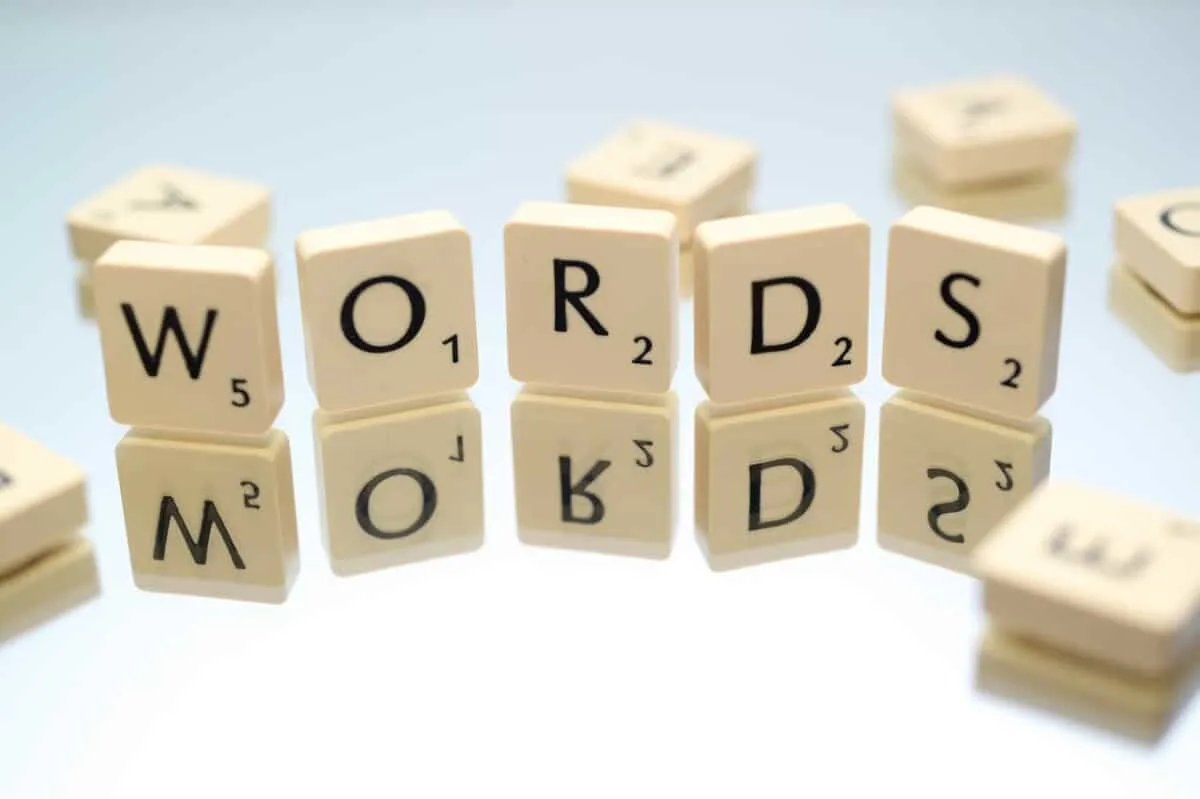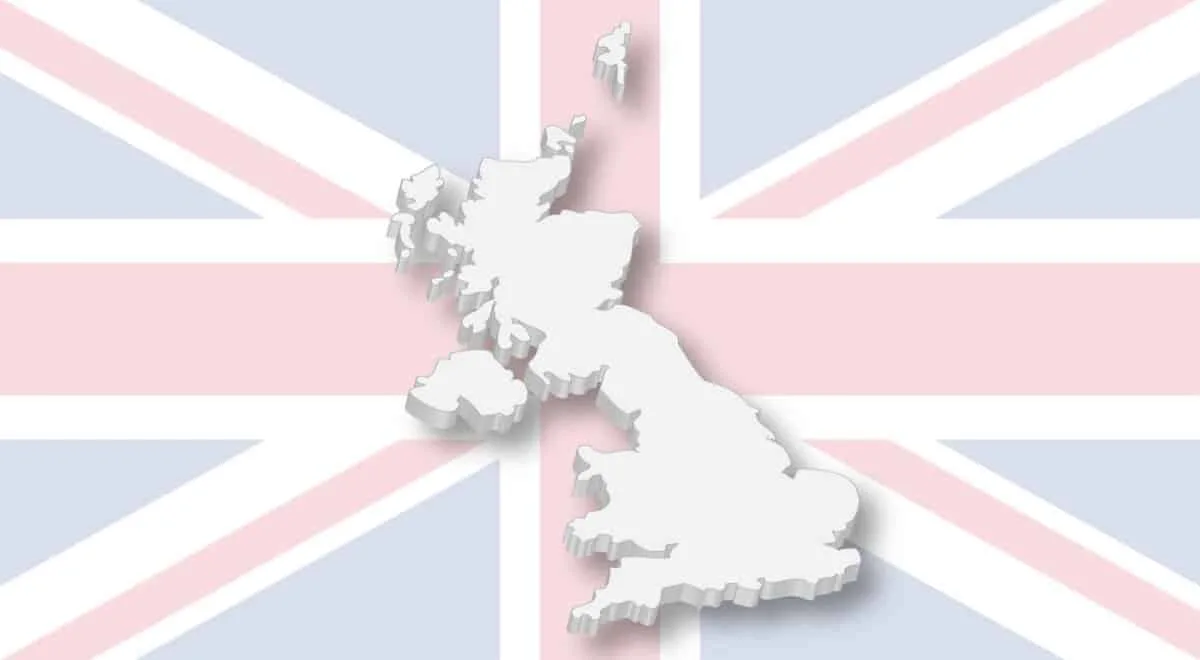Knowing when to use what tense is already confusing for anybody learning the English language, let alone understanding the subtle differences within a single tense. For instance, how does one know when to use either “has been” or “have been”? Has been is used when the subject of the sentence is either he, she, it, …
School
Plurals are one of the trickier concepts in the English language to grasp because there are so many irregularities. While plurals may look daunting, they are vital, and knowing how and when to use them is an essential part of learning English. You can use two plurals in a sentence and more if necessary. When …
It’s easy to confuse the terms “British” and “English” since they’re so interrelated, but the words are often very distinct from each other, so let’s explore the difference between the two terms. English refers typically to either the people of the nation of England or their culture or language, originating from the Germanic Anglo-Saxon peoples. …
The English language is difficult to learn — for both second language and native speakers. Choosing between two words that look almost identical but have subtly different meanings can sometimes feel like an impossible task. People’s is the possessive of the word people — the plural of person. In contrast, peoples’ is the possessive of …
The English language can be confusing. Some words might sound the same, while they are spelled differently, and some words are spelled the same and yet have different meanings. If you are confused about how to pluralize the word “family,” or whether or not you should add an apostrophe, you aren’t alone. The word families …
Some people get confused about whether to use children’s or childrens’. Many people wonder where the apostrophe should go and if the letter “s” should come after children. “Children’s” is the correct plural possessive form when something belongs to, is possessed, or is controlled by children collectively, as in “the children’s recreational center” since children …






